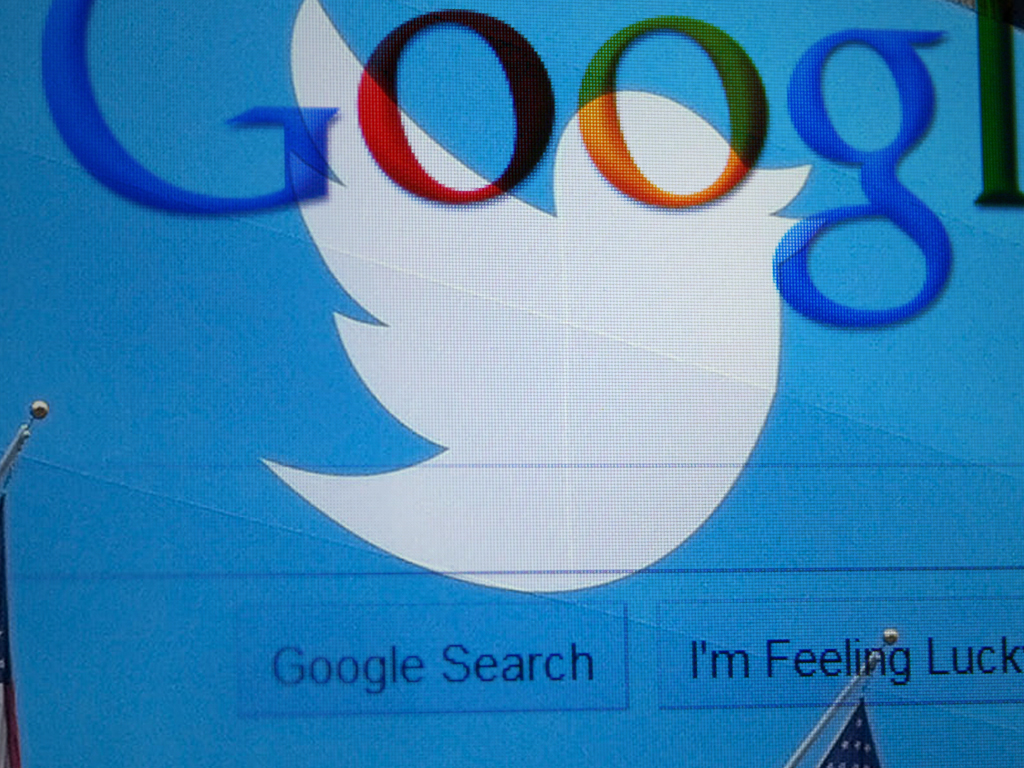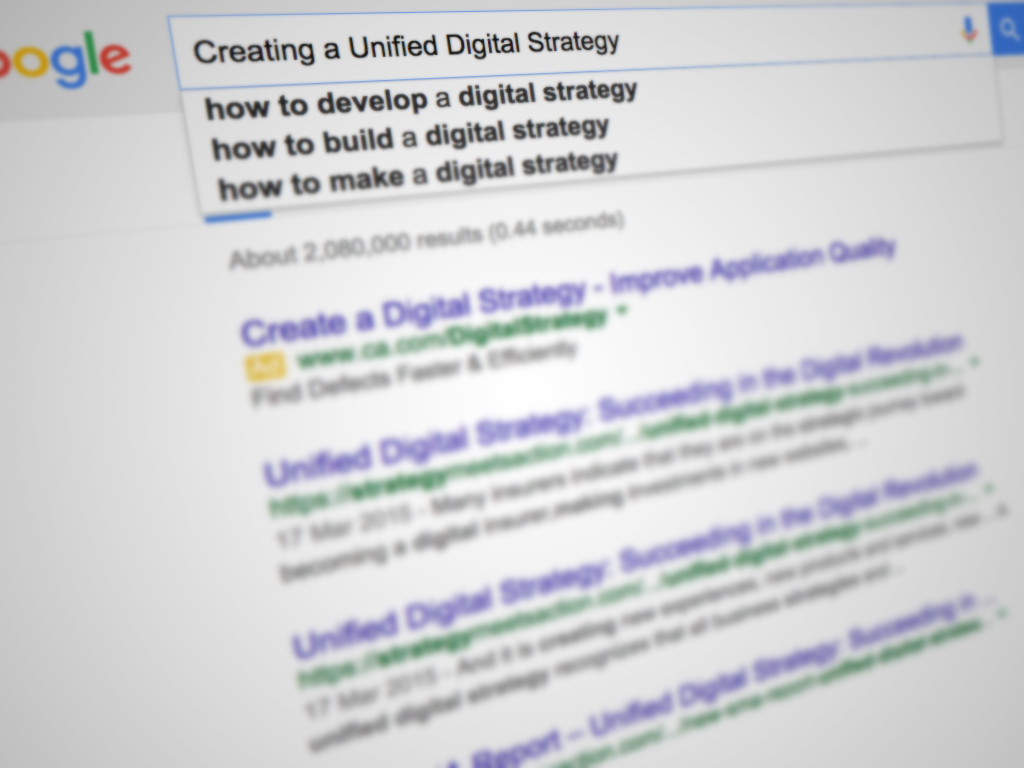When people have a need, they often turn to search engines first. While people continue to click on the top search result more often than not, they are also looking at more search result listings, but for less time than in past years. So how can brands quickly gain more attention from users?
Google’s search results pages are constantly evolving, especially over the past few years. The introduction of new elements such as the Knowledge Graph, quick answers, the local carousel, and an abundance of other search features, as well huge growth in searches conducted on smartphones and tablets, have changed the way searchers view and click on organic search results.
How have Google’s numerous changes impacted user behavior? To find out, Mediative conducted an eye-tracking study, Deep Dive Into the Elements of Google’s SERP: Organic Listings to test a variety of different elements. The digital marketing company watched how 53 participants conducted a variety of search tasks and measured how people viewed and clicked.
While the study size is on the small side, it offers some interesting insights about how people view and click results that you should keep in mind as you’re planning search strategies.
1. You Have Just Over 1 Second To Entice Users To Click
Good news: People scan more of the search results page now in a single session than they did a few years ago – and they click more often on results in positions two through four more than they did in years past.
Bad news: People are spending less time viewing those listings – 1.17 seconds, whereas in a prior 2005 study users spent just under 2 seconds, Mediative reported.
Takeaway: Rebecca Maynes, marketing strategist at Mediative, put it best in the report:
“Google search is used at some point in almost every purchase decision process. … You have just over 1 second to capture your customer’s attention, so your content better be relevant.”
2. A #1 Google Ranking Isn’t Essential For Brands
Several studies agree that a top organic result in Google means more people will click on your listing and drive the most traffic to your website, though those studies don’t agree on the exact percentage. Those studies have reported the figure is 53 percent, 36 percent, 33 percent, and 18 percent of clicks.
Mediative found that 32.8 percent of users clicked on the first listing (and 62.6 percent of clicks went to the top four organic listings).
While the exact percentage of people who click on the top result is up for debate, the point is the more visibility your brand is to Google searchers, the more traffic you’re likely to get.
Although, it seems brands have a bit of an unfair advantage. Even well-recognized brands that don’t rank number one can still capture clicks from Google searchers.
![]()
Mediative found that nearly 60 percent of users clicked on the search results for eBay (ranked third), Amazon (ranked fifth), and Staples (ranked sixth), and users spent nearly 20 percent of their time looking at those three listings.
Takeaway: Use brand awareness to your advantage. Relevant keywords, combined with optimized titles and meta descriptions and schema markup will draw more eyes to your listing and drive more traffic to your website.
3. Results With Ratings & Reviews Entice More Users To Click
When participants in Mediative’s study were instructed to search for a new restaurant, people overwhelmingly chose to click on sites featuring reviews and ratings. Ninety-one percent of people clicked on links to popular review sites.
![]()
Additionally, people more often clicked on sites that used schema markup to include elments like star ratings and thumbnail images.
Takeaway: Incorporate elements like star ratings and reviews if it’s appropriate for your brand and industry. Also, considering how many people are clicking on review sites, you better make sure your brand is reviewed well. Do you have a plan in place to optimize feedback on third-party sites?
4. Paid Search Ads That Meet Searcher Intent Work
If your brand doesn’t rank number one in the organic results, paid search results can give you additional real estate in the search results and increase brand awareness. The top ad attracted 9.9 percent of clicks, while the second ad attracted 4.8 percent of clicks.
Mediative found that the best performing paid ads were for:
- Branded searches: Captured 16 percent of time spent on the page; 38.5 percent of clicks.
- Non-branded searches that exactly matched the searcher’s intent: 2x more time spent on the page and 8x the number of clicks.
- Paid ads combined with an organic listing for non-branded search: A paid and organic result working in combination captured 35 percent of time spent on the page and 68 percent of clicks.
Takeaway: There is value in advertising on your own brand terms, even if you rank number one for them already. Mediative says that brands with a top organic listing combined with a paid search ad will improve brand association, brand recall, and purchase consideration.
As the behavior of Google users evolves, so too must your search strategies. Will you rethink your organic or paid strategies in light of the findings from this study?


